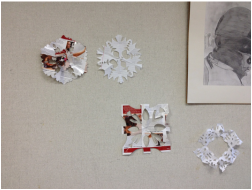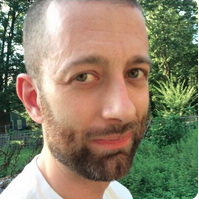The kids don’t get the methods, they don’t want to get the methods, they just want you PLEASE TO TELL ME WHAT I’M SUPPOSED TO DO AND STOP IT WITH ALL OF THIS LEARNING HOW TO LEARN BULL.
This happened to me today. I am supposed to be an expert in this flipclass business. I am sharing this story because this moment happens to everyone.
And like everything else, this story comes back to relationships. In years past, when I got this kind of pushback, I would have thrown in a towel or six, gone back to teaching the way I always had (which was pretty good, but not as good), and let months and months of hard work fall by the wayside. Instead, after school, Cheryl and I talked through what happened.
(Confession: I didn’t have nearly this much clarity at the beginning of the conversation. I was angry, I was frustrated, sad, and felt like a complete failure. She reminded me of the fact I am now reminding you of: this moment happens every year. Keep going.)
So instead of quitting, tomorrow, we’re going to do a “here’s what you’ve actually learned” activity, then have them use one of those answers as the theme for a period-contained Genius Hour project.
Instead of letting me quit, she reminded me that their pushback came in the form of a 45 minute whole class discussion-- something they could not have sustained at the beginning of the year. She reminded me that guess what!? : not only were they talking with me and with each other, they were using actual claim/evidence/commentary as part of their arguments.
They are getting it. They may not know they are getting it yet, but they are. And that’s a great thing. It’s also the reason we need teacher relationships to pull us out of the holes we dig for ourselves.
Flipclass is tough. Teaching is, too. We need each other to make it through.



 RSS Feed
RSS Feed
